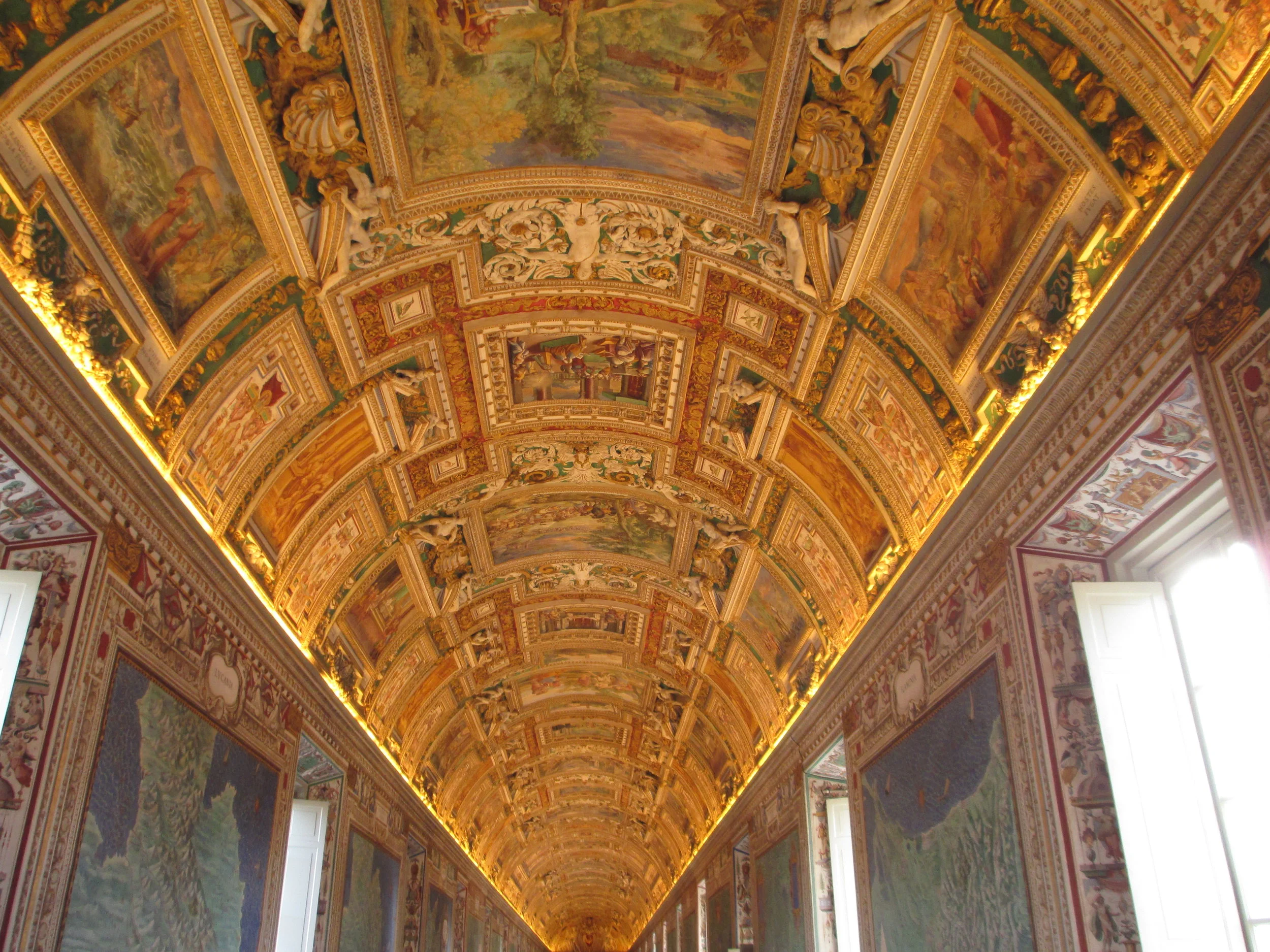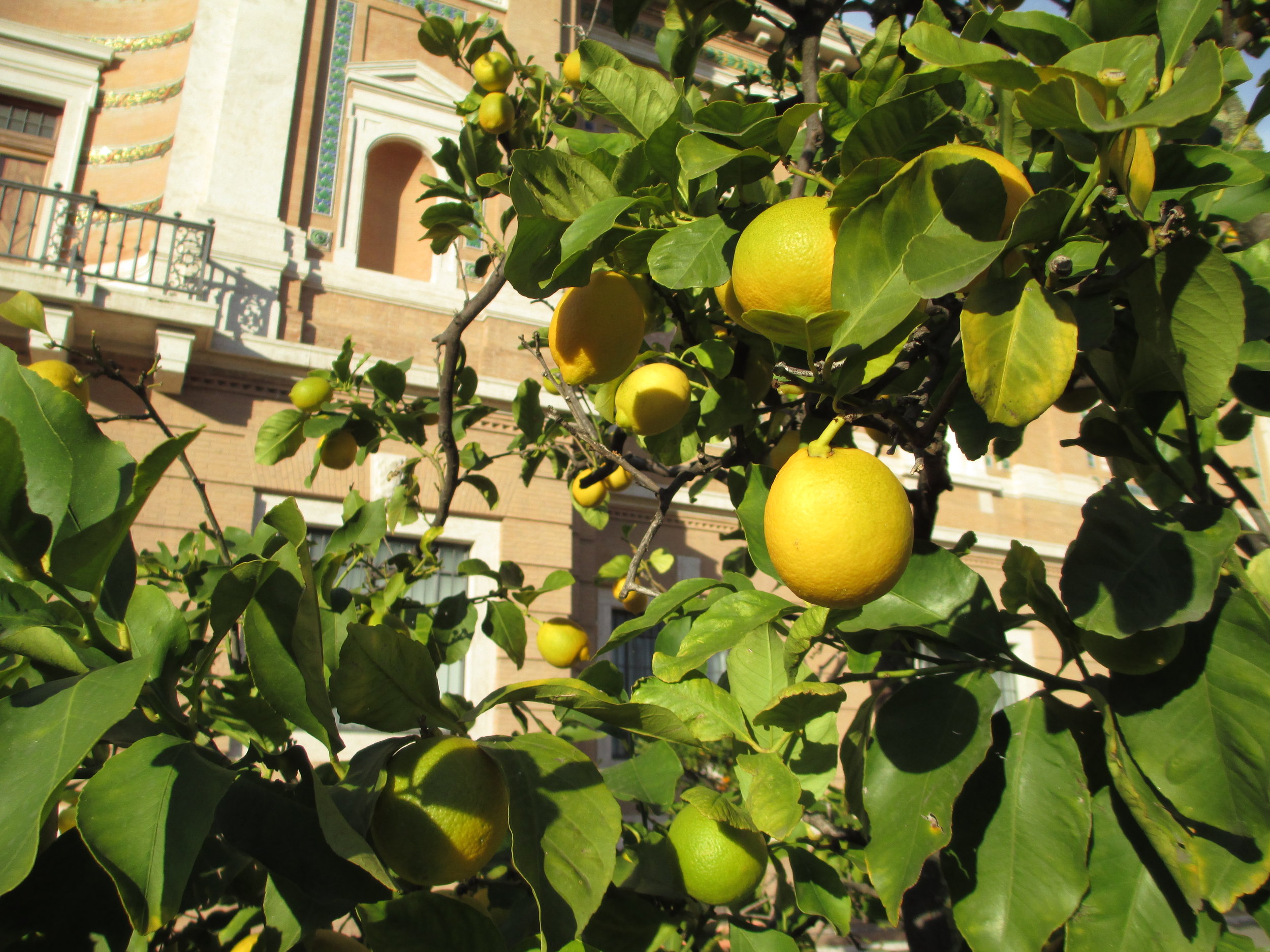On any vacation to an old city such as Rome, you tend to ask yourself new questions, such as:
“Who has stood beneath the Parthenon’s open dome?”
Of course, emperors and kings have stood there. And millions of visitors. And also writers who have told us they were here.
Keats has stood there. And Nathaniel Hawthorne. And Henry James.
It was once the fashion to write travel books.
Nathaniel Hawthorne’s Marble Faun is a mixed genre masterpiece, mixing a Roman travel book with a fantastical murder story. Henry James was less original. His Italian Hours is a conventional tour through Italy, but full of James’s unconventional observations. To read Italian Hours after visiting Italy is to see the country again, but transfused through James’s amazing consciousness.
You can easily imagine Henry James in his overcoat, standing at the Parthenon and reading the Latin inscription over its portal.
If you can read a bit of Latin, then the Roman past speaks to you, directly from its buildings.
You feel a commonality with Rome’s past and with Rome’s many visitors.
The buildings are all around, ancient and new, side by side, an organic jumble of temples, churches, synagogues, villas, aqueducts, plazas, pizzerias, and clothing stores of high fashion.
And after seeing this marvelous expanse, many must return again to the Parthenon where they think:
“All the millions who have stood beneath this dome! They saw this same hole, this same sky! They must have felt something of this same exhilaration!”
Orlando Bartro is the author of Toward Two Words, a comical novel about a man who finds yet another woman he never knew, available at Amazon. He is currently writing two new novels.
All photos courtesy of Orlando Bartro.
These photos of Italy and Vatican City were taken by Orlando and are being offered as free use photos - you may download any of these images for your own personal use.
Travel photos as they appear in the article:
The Dome of the Parthenon; The Parthenon; Photo collage images: Trevi Fountain; Vatican Floor; Vatican Fresco; Vatican Museum; The Baths of Caracalla; Ceiling of the Hall of Maps; Hall of Maps; Plaza Inside the Vatican Museum; Roman Floor; The Keats Museum; Library of the Baths of Caracalla; Palace of Tiberius and Caligula; Navona Bernini Statue Fountain of the Four Rivers; Plaza Navona; Roman Aqueduct; Roman Plaza; Roman Rooftops; Roman street; Wet Street in Rome; Roman Street Corner ; The wall of Rome.


































